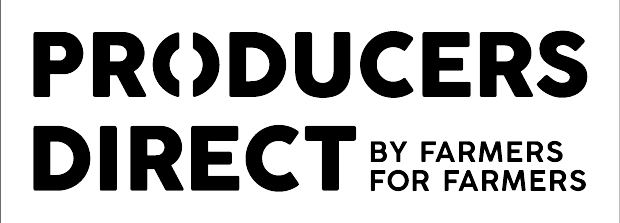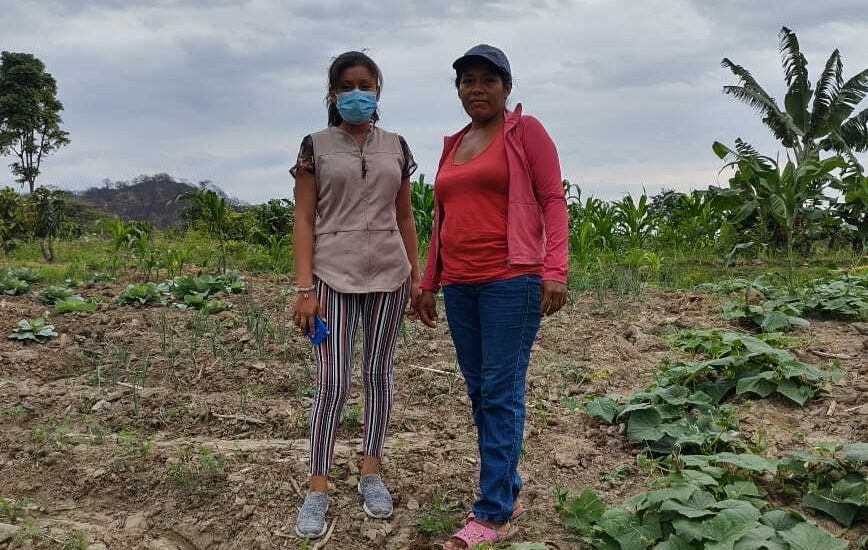I have been working as a youth agent in Puerta Pulache in Peru since December 2021 and I‘m also a student, doing an undergraduate degree in Agriculture Business Management. I did not have any work experience before I started working as a youth agent, so when I got the opportunity to work with the women in my community, I was excited because I knew I would have a chance to apply what I’ve been learning in school, and at the same time, being a part of this vegetable project will help me to meet some of my course requirements.
My work is to support the women in my community to have high-quality products and to find a market for their goods. Together with my fellow youth agents, we do this by ensuring that the seeds the women use are of good quality and without pests or diseases. We also support the farmers by finding a market for their produce and help with any other logistics needed to enable them sell products at the best price. As youth agents, we work together with the smallholder farmers by training them on how they can make use of the digital app to sell their products to customers beyond our community. The digital app is one of the tools we use that allows them to access the training and also to access markets. With the digital app, the female farmers can aggregate their surplus produce and then as a group, they can connect with potential buyers.
The vegetable project is an opportunity for women in my community to provide for their families and I am glad that many of them now have a way to earn an income through farming.
But the communities around us do not give us a lot of support, because of this, many women do not consider this project as a potential way for them to make money. Our other challenge is that many women do not have access to the digital tools that we use. Through conducting more training sessions, my fellow youth agents and I want to enable more women to access and use the digital app.
While it has been challenging to work throughout the pandemic, we’ve had to adapt and adjust how we work to keep the project going. When we couldn’t travel to vegetable farms that were too far, for fear of contracting the virus, we kept contact with the female farmers and monitored progress through phone calls and on WhatsApp to ensure that we followed the health and safety guidelines so that all of us would be protected. But now that the restrictions have been eased, I’m glad that we can visit more farms.
My greatest joy has been to see the progress made by some of the female producers. They have made profits from the project and we continue to see more women grow their incomes. And my greatest achievement so far has been to see farmers get a good harvest and also see their vegetables healthy and without any pests or diseases.
Going forward, my goal in the project is to continue to work with more female farmers and find more ways to motivate and encourage them to be part of the project. One of the ways I think we can do this is by conducting more training sessions where the women will get to learn more about the project and they’ll get to see why they need to join and be part of this network.



